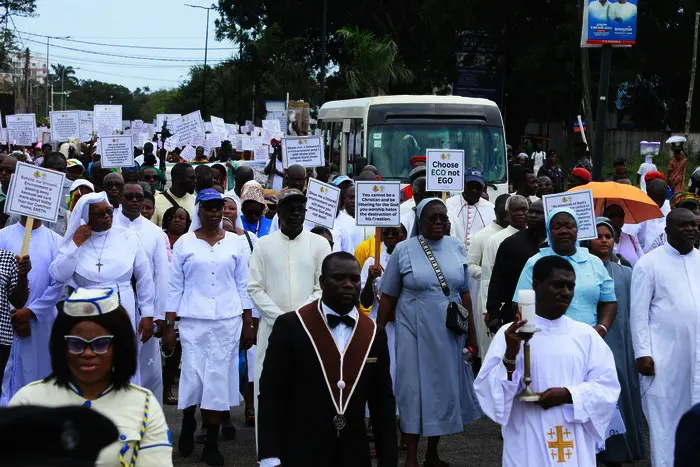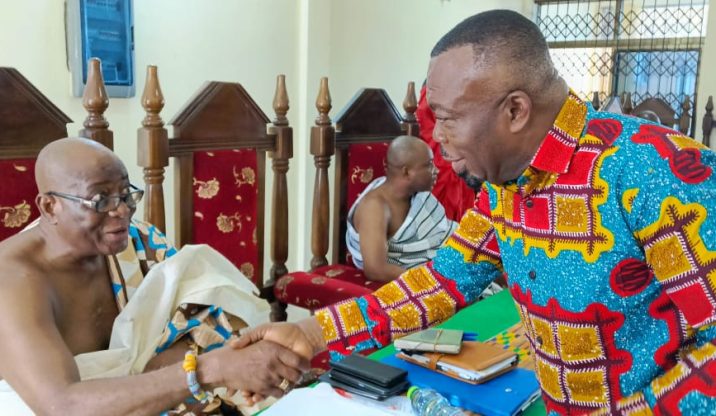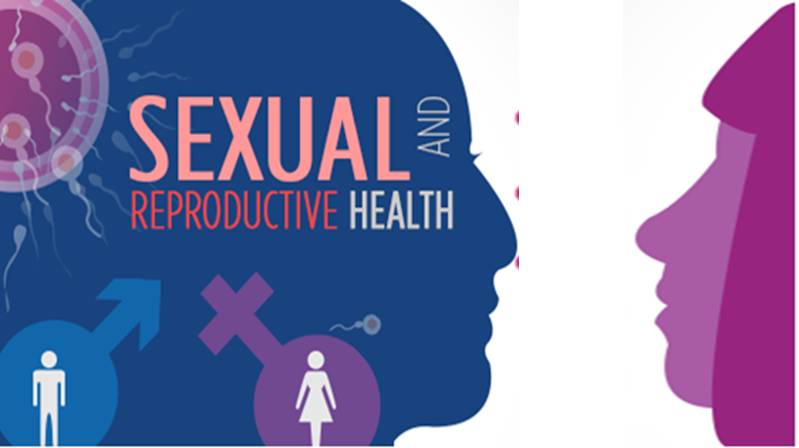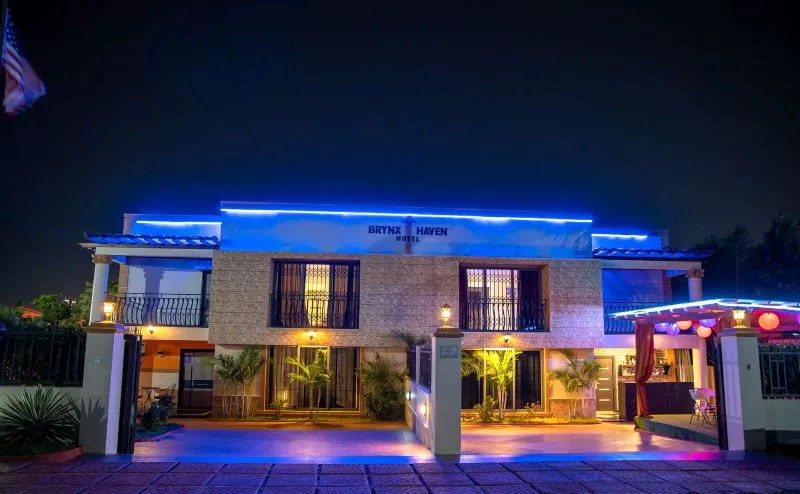Ghana’s journey toward safer, healthier, and more productive workplaces has reached a critical juncture. The pending Occupational Health and Safety (OHS) Bill has emerged as a powerful tool with the potential to transform the country’s labour landscape.
If passed and implemented, the bill could significantly reduce workplace accidents, create thousands of new jobs, and strengthen Ghana’s appeal as a safe and responsible destination for investors.
A Legislative Lifeline for Workers
Each year, hundreds of Ghanaian workers face injuries, illnesses, and fatalities due to unsafe working conditions. From construction sites and manufacturing plants to healthcare settings and energy projects, risks abound. Yet, Ghana lacks a comprehensive law that enforces uniform safety standards across industries.
The OHS Bill seeks to change that. It introduces a nationwide framework for occupational health and safety, defining employer obligations, establishing enforcement bodies, and setting penalties for non-compliance. Crucially, the bill mandates routine risk assessments, worker training, and proactive safety audits to prevent accidents before they happen.
“Safety is not a privilege—it is a right,” said Eric Siaw Nartey, a Certified Member of IOSH and ISO 45001 Lead Auditor. “Passing this bill will save lives and ensure that every worker returns home safely.”
New Bill, New Jobs
Beyond saving lives, the OHS Bill is poised to create a new job market. Implementation will drive demand for health and safety officers, trainers, safety equipment suppliers, and certified auditors.
Ghana’s youth, many of whom are unemployed or underemployed, will have the opportunity to train as OHS professionals and play a vital role in the country’s development.
“We are talking about thousands of new roles in both the public and private sectors,” said Mr. Nartey. “Safety is an industry in itself—and Ghana must start treating it as one.”
Economic Impact and Productivity Gains
Unsafe workplaces are a drain on national productivity. According to global data, businesses that neglect safety experience higher rates of absenteeism, worker turnover, and project delays. Medical bills, insurance premiums, and legal liabilities can cripple even large firms.
The OHS Bill could help reverse this trend.
Companies that invest in safety often see improved worker morale, better retention, and more efficient operations. For Ghana’s growing industries—from mining and energy to agriculture and construction—this bill offers a strategic advantage.
Boosting Investor Confidence
In today’s global economy, investors are looking beyond profits—they want sustainability, compliance, and responsible practices. Countries with modern OHS regulations are more likely to attract foreign direct investment, especially in sectors with high exposure to health and safety risks.
The OHS Bill aligns Ghana with international standards, including the UN Sustainable Development Goals and the ILO’s Decent Work Agenda.
“A well-regulated safety environment sends a clear message to the world: Ghana is ready for responsible growth,” Nartey emphasized.
Proven Leadership in Safety

Mr. Nartey Eric Siaw Nartey’s advocacy is grounded in hands-on experience delivering world-class safety performance on complex international projects. As O&M HSEQ/SIMOPS Manager for Power Construction Corporation of China Ltd.’s landmark Al Kharsaah 800.15MWp IPP Solar Power Project in Qatar – one of the world’s largest solar installations – he demonstrated how strategic safety management creates tangible results.
During the high-risk installation and commissioning phases, Mr. Nartey’s leadership enabled his team to achieve:
- 5 million+ accident-free man-hours
- Zero Lost Time Injuries (LTIs) – exceeding global industry benchmarks
- Seamless SIMOPS coordination between 1,200+ workers and multiple contractors
This achievement wasn’t accidental – it resulted from implementing:
Adequate Hazard assessments and control.
Real-time behavioral safety monitoring
Daily cross-cultural safety briefings (in 5 languages)
His success on this $462.3m(QR1.7bn) renewable energy megaproject proves that Ghana’s envisioned OHS reforms can produce similar results – saving lives while keeping projects on schedule and budget. The techniques perfected in Qatar’s extreme desert conditions can be adapted to Ghana’s construction and energy sectors through proper legislation.
This level of preventive safety performance demonstrates why Mr. Nartey’s voice carries unique authority in Ghana’s OHS policy debate. His methods don’t just look good on paper – they’ve been stress-tested on one of the planet’s most demanding construction sites
His leadership also earned his company Hot Hed Middle East Qatar the Outstanding HSE Award in 2024, a prestigious recognition for excellence in health, safety, and environmental management by the North Oil Company in Qatar.
A National Call to Action
As Parliament deliberates, stakeholders across the country are urged to take a stand.
Government must prioritize the passage and funding of the OHS Bill.
Employers should begin investing in safety infrastructure and professional training.
Educational institutions must integrate OHS into technical and vocational curricula.
Civil society and the media should raise awareness and hold institutions accountable.
The OHS Bill is not just a legal instrument—it is a catalyst for national transformation. It promises to save lives, create decent jobs, and foster sustainable economic growth. For a country ready to rise, workplace safety must be a cornerstone of development.
Ghana cannot afford to wait. The time to act is now.
Source: Eric Siaw Nartey
About the Author
Holds an Msc in Occupational Health Safety and Risk Management, Certified IOSH Member UK, World Safety Organization Qatar Chapter – Member & Lead Auditor, Ghana Institute of Safety and Environmental Professionals -Ghisep Graduate Member, International Diploma in Occupational Health and Safety Practice – IDIP Level 6 UK, Nebosh IGC UK, IOSH MS UK, ISO 45001:2018 and 9001:2015, Chartered Member of IOSH Candidate UK, Lead Auditor – Author and Publisher of “Accident Investigation Impact on Safety Climate: Moderating Roles of Management and Employees in Ghanaian Construction” https://lnkd.in/daghKcgt – International Journal For Multidisciplinary Research – IJFMR.
The post The OHS Bill: A Game Changer for Ghana’s Workforce and Economy – Eric Siaw Nartey appeared first on Newstitbits.




















